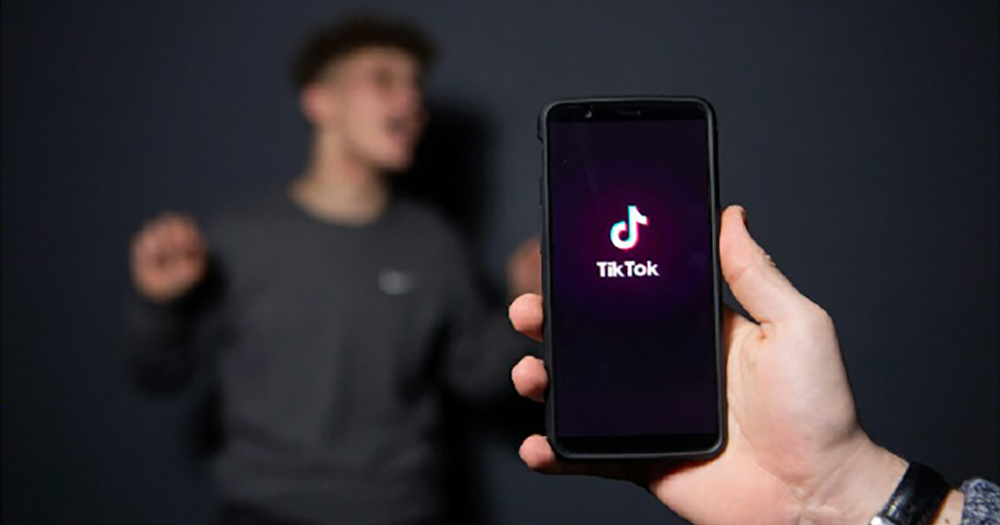In documents obtained from an anonymous source by a German site, Netzpolitik.org exposed that TikTok was limiting the reach of people with disabilities, body-positive advocates, and LGBT+ people on the app. In regards to moderation rules, the document outlines that people in these groups are “vulnerable” and “susceptible to harassment or cyberbullying based on their physical or mental condition.”
However, the app was censoring people belonging to these groups that they were aware of regardless of what content they were posting. For example, a run-of-the-mill lip-sync video may have been censored if the creator had a physical sign of disability.
TikTok marked users with disabilities that they were aware of as a “risk 4”, meaning the content would only be visible in their own country ad not worldwide like users who weren’t flagged as “vulnerable.” Similarly, once videos by users TikTok moderators deemed especially at risk reached anywhere from 6,000 to 10,000 views, they were marked as “Auto R,” meaning their videos would never appear in the “for you” feed on the app. This limited the reach of the creator substantially as someone would have to actively search for their account to view their content.
The guidelines for this kind of censorship set out by the company was to apply to people with facial disfigurements, autism and Down Syndrome, however, the source noted it was unclear how moderators were to detect certain disabilities with no physical characteristics such as autism in video clips just a few seconds long. Netzpolitik.org also noted that a “striking number” of the users that appears in the “especially vulnerable” list and were marked as “Auto R” had “a rainbow flag in their biographies or described themselves as lesbian, gay or non-binary.”
A spokesperson for TikTok told the publication that these rules are no longer in place, and they were just used as a short-term fix to a spike in bullying on the app in its early days. She apologised for the company’s negligence, saying, “This approach was never intended to be a long-term solution and although we had a good intention, we realised that it was not the right approach.”
However, many remain sceptical of these supposed changes with the report showing the exclusionary policies remained in place until at least September this year. As well as this early on in 2019, it was revealed that TikTok had been censoring LGBT+ people and supporters on the app in conservative countries, even if homosexuality had never been illegal in the region. To many, this “risk assessment” is just another way for the Chinese-owned app to censor marginalised groups.
© 2019 GCN (Gay Community News). All rights reserved.
Support GCN
GCN is a free, vital resource for Ireland’s LGBTQ+ community since 1988.
GCN is a trading name of National LGBT Federation CLG, a registered charity - Charity Number: 20034580.
GCN relies on the generous support of the community and allies to sustain the crucial work that we do. Producing GCN is costly, and, in an industry which has been hugely impacted by rising costs, we need your support to help sustain and grow this vital resource.
Supporting GCN for as little as €1.99 per month will help us continue our work as Ireland’s free, independent LGBTQ+ media.
